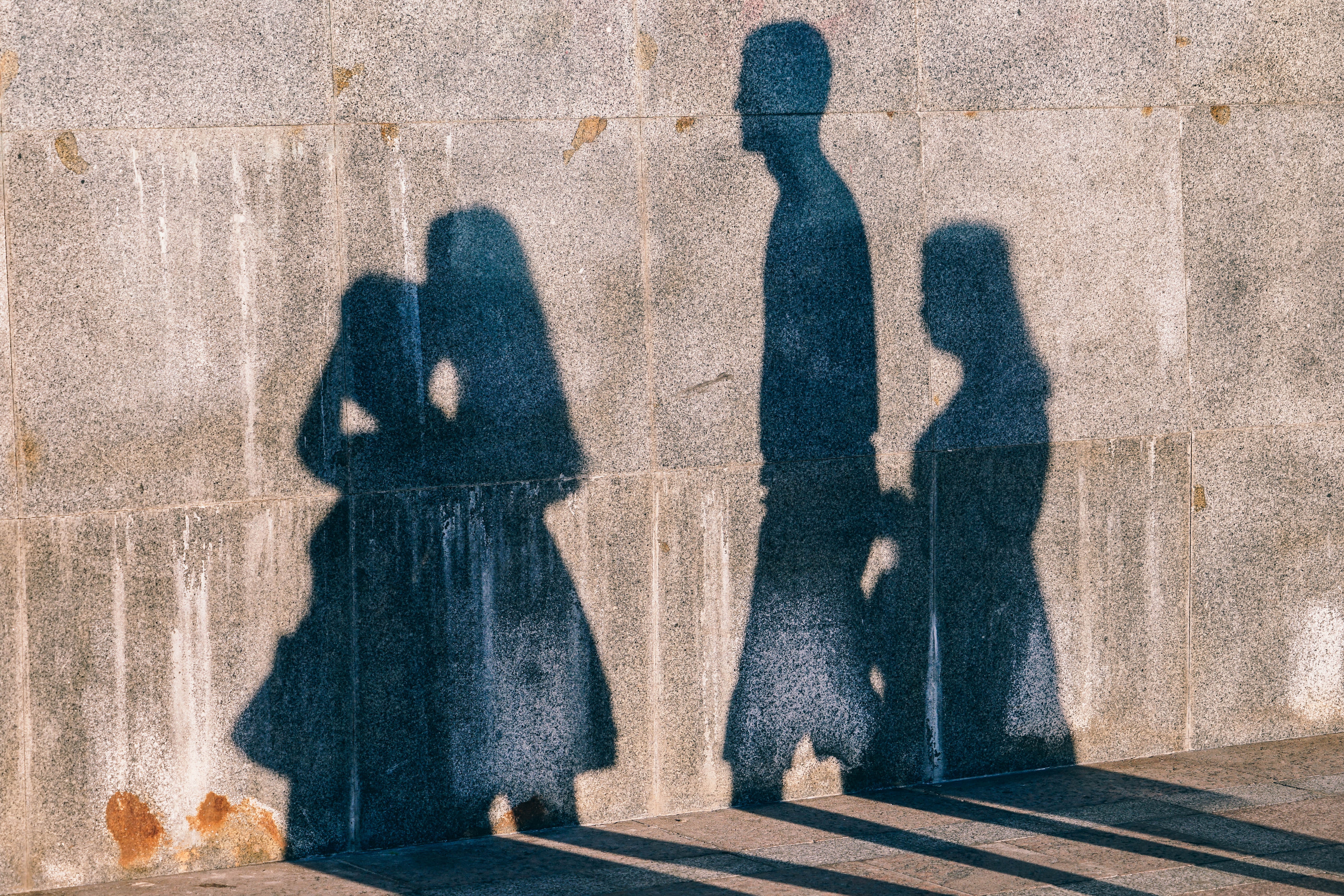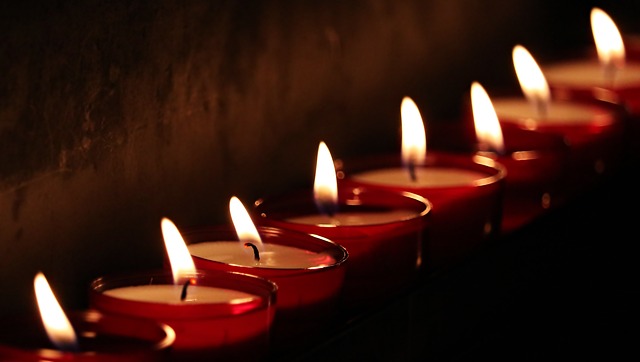
By Katie Nordenson
By any traditional measure, I am a terrible candidate to lead a group dedicated to welcoming a refugee family to their new country—I’m a serious introvert, awkward in groups and new situations, a white Midwesterner with little to no real multicultural experience (I speak only English, just recently left the US for the first time, and was in college before I experienced many common ethnic foods, much less people.)
And yet, what I did have was determination and the fierce need to make something (anything) good happen in a world where good things felt increasingly scarce, and in particular the newly politicized plight of refugees spoke to me. By definition, refugees are innocents who have suffered and been forced from their homelands, and that’s before they face the agonizing wait to be admitted to a new country for resettlement (which may never come), at which point they must build a completely new life from scratch. To me, this is exactly who Jesus was talking about when he commanded us to love our neighbors as ourselves.
And so began a year (and counting) of leading the small group at our church committed to befriending and helping a Karen family of 10 (two parents and eight children ranging from ages 2-17) resettled from Burma in the spring of 2017. Through highs, lows, and general awkwardness, here are just a few of the memorable moments:
Finding the Minnesota Council of Church refugee co-sponsorship program while googling furiously for possible ways to help, emailing it to my pastor, and receiving an immediate, unequivocal “Go for it.”
Leaning heavily on the advice from our MCC liaison that “we can do hard things” and to “lean into the awkwardness.” Those words became a lifeline many, many times.
Showing up to introduce myself to a family full of strangers from an unknown culture (only one of whom spoke any English) and trying to find the strength to go inside, much less to lead a bunch of other people inside with me.
Visiting the family’s new apartment to see how they were settling in and being treated to a delicious multi-course Karen meal. Beginning to understand that the hospitality in this arrangement would flow both ways, and feeling moved that this family, who had been through so much, could open their hearts to some strange (and potentially meddlesome) Americans just trying to help however they could.
Seeing people from church step up in amazing ways to support this work, despite its strangeness and our lack of a roadmap; showing up to visit, donating items, and taking up a special offering that covered almost half of the family’s significant travel loan.
Watching the youngest children play on a hiking trail near a beautiful waterfall, and hearing how the foliage reminded them of their home.
Being regularly told by the father that, since he had so many children and we had none, he would happily give my husband and I one or two to take home to care for us in our old age (Note: we are currently in our thirties.)
Celebrating their first 4th of July with picnic food and water balloons (a big hit, as you can imagine, with the little kids.)
Explaining to the teenage son that you can’t fish, shoot squirrels with pellet guns, and start fires in the park here without drawing the attention of the police, even if that otherwise makes perfect sense to you based on life in your village and the refugee camp.
Listening to the parents talk about their hopes of someday returning to visit Burma, and being surprised to be invited to come along as their friends—this time they would show us the ropes.
Crying in the car about how very, very hard life in America can be—so confusing and full of paperwork and rules and resumes and schedules. Feeling helpless to do more to make the transition easier, yet inspired by their resiliency and the way they took care of their family under such difficult circumstances.
Watching the children (and the parents) discover the magic of the internet, especially Facebook and YouTube videos. WWE wrestler Goldberg is a big favorite of the mother—the father once told us “When she has no friends, Goldberg is her friend.”
Eating together at a Chinese buffet the father was so excited to share with us—so very American, and his treat!
Realizing that our role was never really to make day-to-day life in America easier, but rather to make them feel welcome and connected and hopeful for their new lives. (And maybe sometimes to help make phone calls to Comcast.)
I’m not sure I have any real wisdom to impart—it’s been messy and complicated and unexpected and wonderful, and I’m still learning as I go. But I do have a plea to remember the refugees still waiting all over the world; pray for them and advocate for them in conversations when others don’t understand who they are or what they’ve been through. Most of all, remember they too are your neighbors, and don’t be afraid to step outside of your comfort zone to invite them in.
About Katie:
 Katie Nordenson is a web editor and content manager living in the Twin Cities with her husband and rescue dog. She spends her time reading, exploring her adopted city, and slowly learning to love and serve her neighbor. You can find her at her website or on Facebook or Linkedin.
Katie Nordenson is a web editor and content manager living in the Twin Cities with her husband and rescue dog. She spends her time reading, exploring her adopted city, and slowly learning to love and serve her neighbor. You can find her at her website or on Facebook or Linkedin.
***
 The theme for August is “Homelessness, Refugees & the Stranger,” so send me a post for if you have an idea. Email me at scrapingraisins @ gmail (dot) com if you are interested in guest posting. You can find submission guidelines here. Be sure to include a headshot and bio.
The theme for August is “Homelessness, Refugees & the Stranger,” so send me a post for if you have an idea. Email me at scrapingraisins @ gmail (dot) com if you are interested in guest posting. You can find submission guidelines here. Be sure to include a headshot and bio.
Be sure to follow on social media (links in upper right) to keep up with the latest posts or sign up for the newsletter below for links to thought-provoking articles, a digest of blog posts, and a few things I’m into these days. xo
Sign up for the (occasional) Mid-month Digest and the (loosely) “end of the month” Secret Newsletter for Scraping Raisins Here:
Photo credit: Photo by Fancycrave on Unsplash


 Michelle Reyes, PhD. is pastor’s wife, literary scholar, and momma of two littles. She is a regular contributor for Think Christian, (in)courage and Austin Moms Blog, where she writes on faith, family, and diversity. Michelle helped plant Church of the Violet Crown in Austin, Texas in 2014—an urban, multicultural church where her husband, Aaron Reyes serves as lead pastor. Follow Michelle on
Michelle Reyes, PhD. is pastor’s wife, literary scholar, and momma of two littles. She is a regular contributor for Think Christian, (in)courage and Austin Moms Blog, where she writes on faith, family, and diversity. Michelle helped plant Church of the Violet Crown in Austin, Texas in 2014—an urban, multicultural church where her husband, Aaron Reyes serves as lead pastor. Follow Michelle on 

